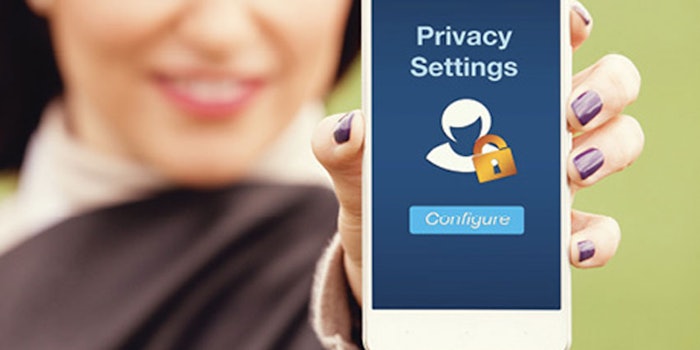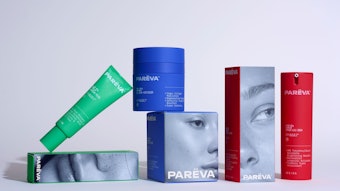
“I founded Facebook on the idea that people want to share and connect with people in their lives, but to do this everyone needs complete control over who they share with at all times … Overall, I think we have a good history of providing transparency and control over who can see your information.”
The good news: Facebook founder and chief executive Mark Zuckerberg wrote these words on Facebook’s bloga. The bad news: he wrote them on November 29, 2011, more than seven years before the company revealed that political data firm Cambridge Analytica had gained access to private information on as many as 87 million Facebook users, primarily in the United States.
Since those revelations, Zuckerberg has announced, “We have a responsibility to protect your data, and if we can’t then we don’t deserve to serve you.”
As I write this, Zuckerberg is preparing to testify before a joint hearing of the U.S. Senate Judiciary and Commerce committees, as well as the House Energy and Commerce Committee. While no one is seriously arguing that the #DeleteFacebook movement will lead to a mass exodus from the platform—or its immensely popular Instagram app. But it may spur greater consumer awareness of data privacy, which will require companies to get serious about protections to ensure innovation can continue apace.
Data allows brands and retailers to craft ever-more curated experiences for each and every consumer. Since the birth of e-commerce, brands have collected data such as purchase histories, payment information, addresses and contact information. Today, however, personalization innovation has spawned personal care systems built on consumer DNA, epigenetic data and even hair samples; smart mirrors that diagnose and track skin health; augmented reality try-on apps that track user behaviors; browsing histories that follow shoppers from one platform to another; and voice commands that build insights into consumer activities.
On the horizon, eye tracking capabilities and AI-powered mood diagnostics could take data collection from an assessment of actions to one centered on emotional state and intent. And, as smart home technologies grow in sophistication and ubiquity in all public spaces, new levels of data collection will become possible.
But data collection thrives on trust and a perception of value. To date, consumers have generally shown a willingness to share data when they value and trust a brand, and are even willing to share this information when offered special benefits or services in exchangeb. But high profile violations, including data breaches and misuse of user information, could erode these attitudes.
Data is oxygen for innovation. The beauty industry will need to keep an eye on how Silicon Valley juggernauts respond to recent data controversies, learn from them, and work to ensure the free and responsible flow of information continues.
A New Face on Our Board
In other news, Global Cosmetic Industry is delighted to announce that Bridgette Howard, founder of Parlor West Ventures, has joined its editorial advisory board. In her new role, Howard will advise Global Cosmetic Industry on content, industry trends and general business insights, helping to shape the continuing evolution of the brand. Parlor West Ventures is an incubator for early stage beauty brands that provides growth capital and strategic guidance across product development, manufacturing, distribution, financial management and customer acquisition. Welcome, Bridgette!
Footnotes:
anewsroom.fb.com
bSteve Olenski, “For Consumers, Data Is A Matter Of Trust,” April 18, 2016; www.forbes.com











